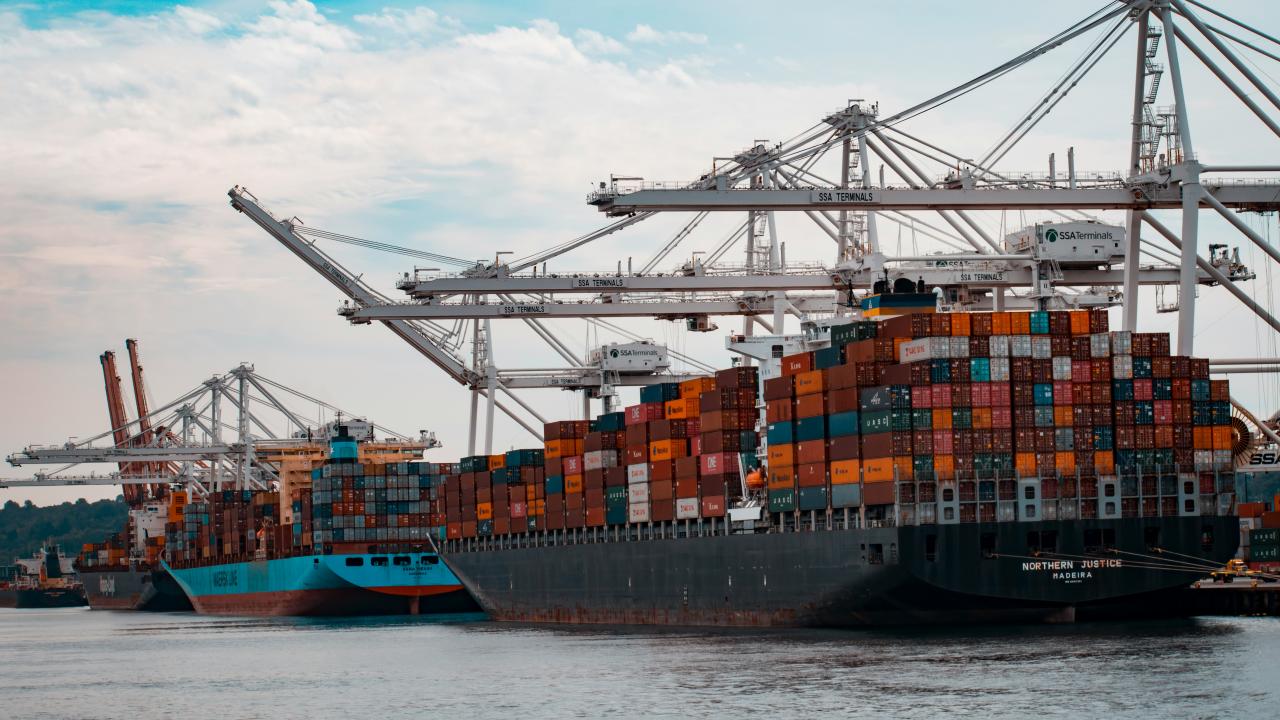
The Economic Commission for Latin America and the Caribbean estimates that the value of the region's goods exports will increase by 4%, due to a 5% expansion in volume as well as a 1% drop in prices.
Following a decline in global trade in 2023, the Economic Commission for Latin America and the Caribbean (ECLAC) indicated that trade will recover in the Latin American and Caribbean region this year.
In the report International Trade Outlook for Latin America and the Caribbean 2024: Reconfiguration of global trade and options for regional recovery, ECLAC recalled that in 2023, global foreign trade contracted by 1%, something that will be reversed in the region this year.
In this regard, ECLAC noted that the value of the region's exports of goods will increase by 4%, due to a 5% expansion in volume, as well as a 1% drop in prices.
In the case of imports, their volume will grow by 4% while their prices will decrease by 2%, which will result in a projected increase in their value of 2%.
Although the outlook is for recovery this year, ECLAC indicated that there are significant challenges for trade in the region, given the geopolitical tensions and protectionism of some nations.
“The implementation of productive development policies with a cluster approach, based on close public-private collaboration and sustained efforts over time, appears to be an ideal mechanism for moving in that direction, as well as for positioning the region competitively in the face of the ongoing reconfiguration of global value chains,” said José Manuel Salazar-Xirinachs, Executive Secretary of ECLAC.
Food safety
Despite the progress that will be made in trade this year, the Commission indicated that there is still much to be done to achieve food security in the region, in line with the UN objectives.
“The successive crises that the global economy has suffered in recent years have caused setbacks in the achievement of target 2.1 of the Sustainable Development Goals: by 2030, end hunger and ensure access for all people to healthy, nutritious and sufficient food all year round,” the report said.
In the region, in 2023, 41 million people suffered from hunger, that is, 6.2% of the population, and 4.7 million more people than in 2019.
Inequality in the prevalence of hunger is also a cause for concern. In 2023, 30.3% of adult women in Latin America and the Caribbean suffered moderate or severe food insecurity, 5.2 percentage points more than men.
“International trade plays a crucial role in food security. Imports provide access to food whose local production is impossible or too costly due to climatic conditions or insufficient availability of land or technology. They can also replace local production in the event of temporary shocks such as pests, conflicts or extreme weather events. Furthermore, the income generated by exports can be used to purchase food,” ECLAC said.









